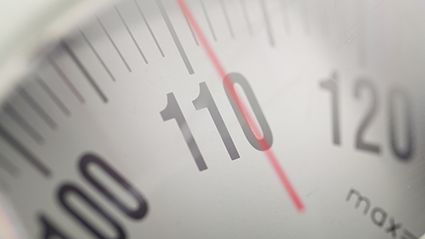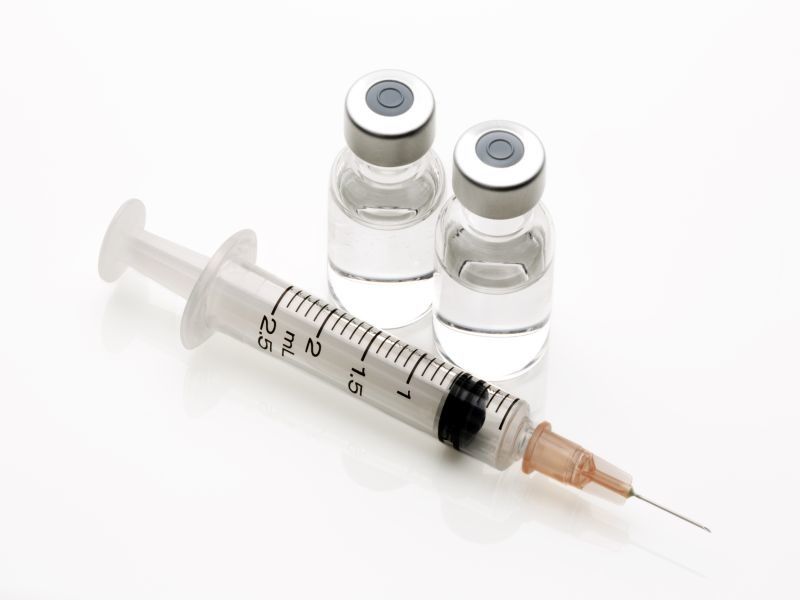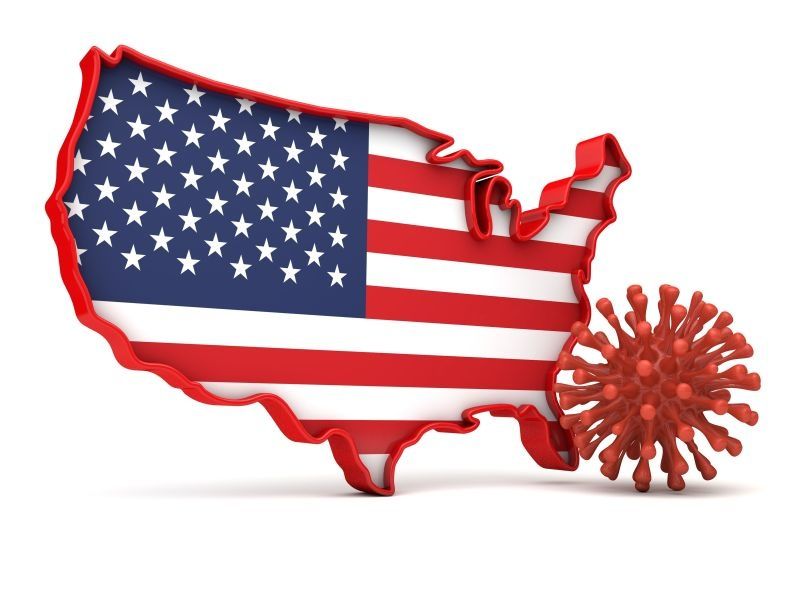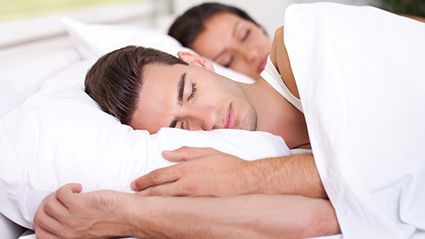
The weight-loss drug Saxenda can keep extra pounds off — but combining it with exercise brings a bigger payoff, a new clinical trial finds. The study found that some longstanding advice is valid: Prescription weight-loss drugs work best when used along with — and not in place of — lifestyle changes. Saxenda (liraglutide) is a… read on > read on >






























